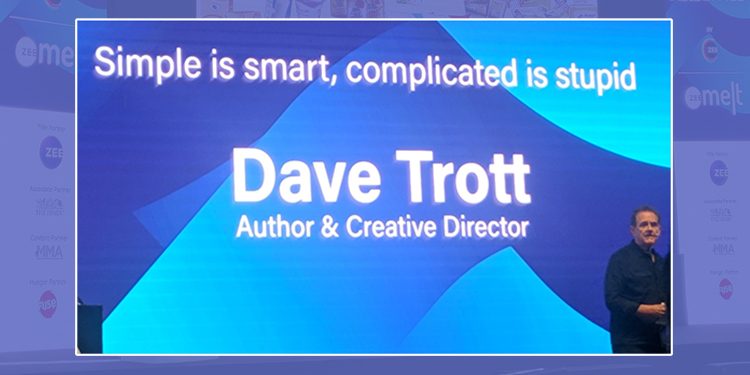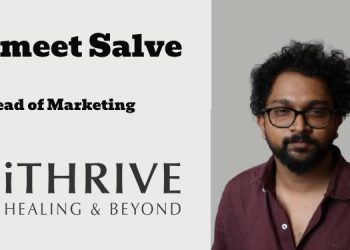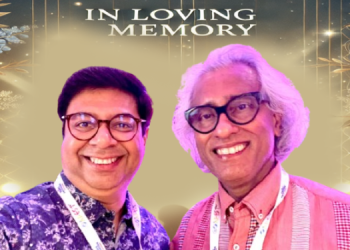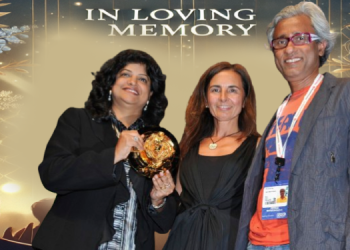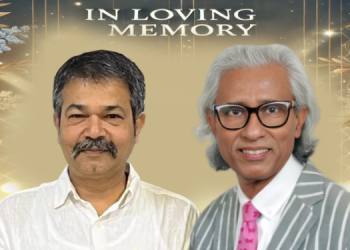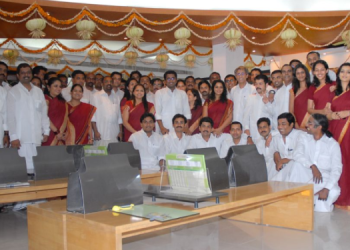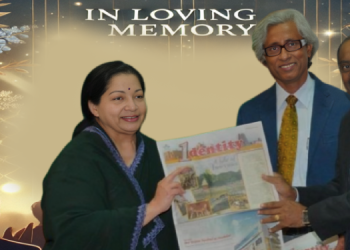By: Yohan P Chawla
Dave Trott is a copywriter, creative director, and an author. Having studied from the Pratt Institute in New York City, he majored in advertising.He has founded advertising agencies such as Gold Greenlees Trott, Bainsfair Sharkey Trott and Walsh Trott Chick Smith.
Trott spoke about how strategy is a sacrifice.
Trott started off his session by quoting Einstein and said “If the world was going to end and I had an hour to save it, I would spend 50 minutes on the problem and 10 minutes on the solution, because if I got the problem right the solution would be easy. But if I didn’t get the problem right there wouldn’t be a solution.”
Explaining the basic difference between marketing and advertising, Trott said, “There are a lot of marketing talks, but this is not one. Marketing is marketing and advertising is the voice of marketing. Marketing people can do all the thinking they want but without advertising to get it heard it stays invisible.”
Sharing the effectiveness of advertising, Trott said, “In the UK 18.3 billion pounds is spent every year on all forms of advertising and marketing. Of that 4% is remembered positively, 7% is remembered negatively and the remaining 89% isn’t remembered or noticed. Probably all got brilliant marketing thinking behind it but because it isn’t noticed or remembered it’s a waste of money.”
“If you live in a big city, you’re exposed to 2000 advertising messages a day. Between pop ups on your laptops, press ads, posters etc. Roughly 2000 ads go by you and it’s just basically pollution that you ignore.”
Asking the audience, he said, “Does anybody here remember an ad they saw yesterday as a consumer?”
“So there are about 400 people here, each exposed to 2000 ads which makes it 800,000 ads and nobody can remember one. Probably each of those ads had brilliant marketing thinking behind them but nobody can remember a single one. Why is that?”
“It’s because stupid people think complicated is clever and smart people know simple is what works.”
“So the issue is to simplify the problem down to what’s usable. We focus on all the unimportant parts because we feel it should be complicated and it makes us look clever. We’re more focused on making ourselves look intelligent than getting the right solution.”
“Consequently, we are now seduced by technology and new thinking along with jargon, we throw in as much as we can to look intelligent.”
“Today a creative in an ad agency when asked what their job is, tell you that it’s content curation, algorithms, native advertising, story-telling, rich media solutions, memes or they might tell you it’s SEO, CRN, CSR, CTR, CMX, UGC. Now, for my money the only 3 letters missing is WTF!”
“That’s not our job. That’s just a load of technical people exchanging a load of technical stuff with each other. We’re so desperate and have the fear of missing out on whatever the latest thing is that we no longer see what the purpose of what we are doing.”
The three most important elements for the creative departments are:
- Impact, Communication and persuasion.
- Without impact there is no communication or persuasion because they are all dependent on each other.
- The most important importance sentence on a brief that is never written on the brief is what we refer to as advertising which is taken for granted. Everything works on a parabolic curve so if you put effort for a simple process you get that much in return too and this is where impact is, where you make sure in which part of the process you are working in. Marketing and persuasion won’t work if impact doesn’t work. Giving an impact is the most crucial part as we know from the numbers 4% is remembered positively, 7% is remembered negatively and 89% fails here because impact is where UK lacks.
“If there’s a set of commercials given to the creative departments to choose from they prefer playing safe with the option because nobody in the field wants to be different as they are scared to do so.”

